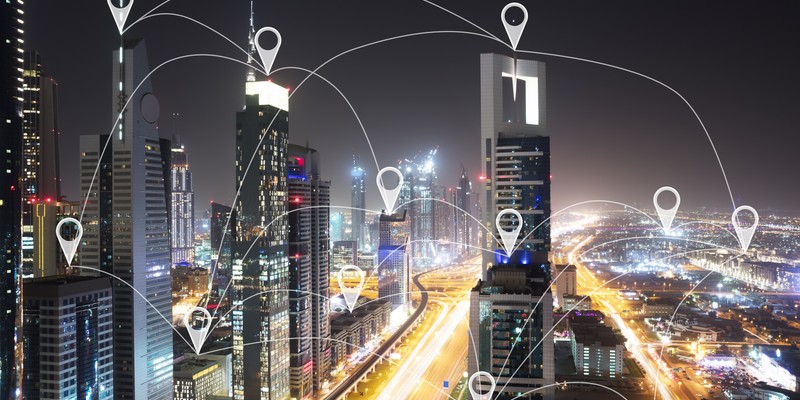
Can the UAE really become a leader in technology?
The evidence is suggesting that, despite being a latecomer to technology and the Digital Revolution, the UAE is adopting a strategy where both governments and corporations are taking DT projects and cutting-edge technology to new levels. I believe we will soon see the region leapfrog the more established markets of this world.
The current Tech workforce:
Globally, the technology industry is booming. Whereby increased Automation, Artificial Intelligence, Machine Learning, Self-Driving Vehicles and Virtual/Augmented Reality will inevitably see the demise of certain jobs or indeed the need for human labour, it will ultimately benefit the tech industry and create a demand for a new type of workforce. As a tech recruiter, I help my clients solve their needs for niche skills that are both critical and in high-demand but often in low supply; regionally and sometimes even globally. The industry really is moving at break-neck speed. Much of what a tech graduate learns in their first year at university is almost redundant by the time they graduate. Additionally, the UAE tech market is currently worth an estimated $5.5 billion and is continually credited as one of the regions fastest growing industries. Both new and existing businesses, multi-nationals and SME’s demand tech talent, whether that be across software/web development, big data, mobile app innovation, cloud computing, blockchain or machine learning. As a nation that is made up heavily of expatriates, the UAE benefits from skilled talent that has come from more technologically advanced markets. The whole of Europe, as well as Russia, China and the US have all seen huge investment and growth in digitized, data-driven technologies. Not only can the UAE look to these markets as blueprints to replicate, but also improve upon and overtake these markets when it comes to innovation and advancement.
The Industrial Internet of Things:
By 2030 the number of devices connected to the internet (we are talking everything from smartphones to weaponry to medical devises) is estimated to reach 1 trillion Worldwide. The UAE alone is expected to reach half that figure by 2050. Not bad for a country smaller than the size of Wales! The trend we have seen over the last 2 years is one of investment into IIoT strategies. Everything from petrochemical companies using IIoT to maximise propylene production to Application Centre’s that drive digital transformation in airports, cargo, logistics and wastewater care, the UAE has come on leaps and bounds regarding IIoT implementation. Being a relatively new player to non-oil industries and global manufacturing, the region can arguably implement new technologies more swiftly than its neighbours in Europe and Asia.
The growth of Smart Cities:
In addition to this, the Government is dedicated to its smart city projects. Silicon Park is one example of how the UAE is positioning itself as a dedicated provider of technologically smart spaces that improve tourism, Commerce and people happiness. Only recently, Shaikh Hamdan Bin Rashid Mohammad Al Maktoum, Crown Prince of Dubai, gave a vision of Smart Cities tackling the challenges of future concerns; booming populations, lack of space, food shortages, changes in climate. By integrating people, data and incredibly intelligent machinery, the emirate of Dubai will create cities of the future that use AI to reduce crime and improve traffic or deliver horizontal farming to solve the issues of food crisis’ and create sustainability.
So there you have it. Not only will technology play a massive part in how the UAE and its businesses operate, it will also positively impact the people that live and work here. The UAE looks set to march on and become a serious player on the technological stage!